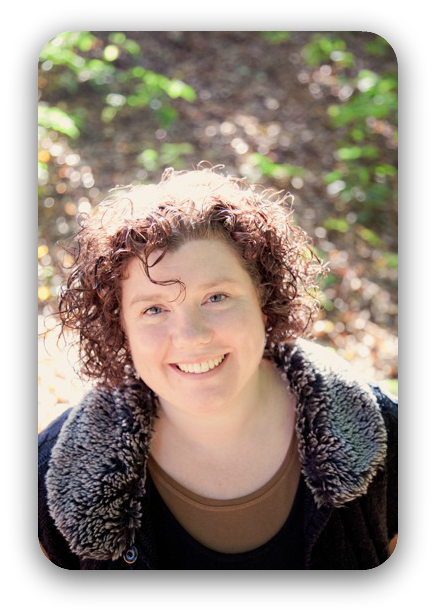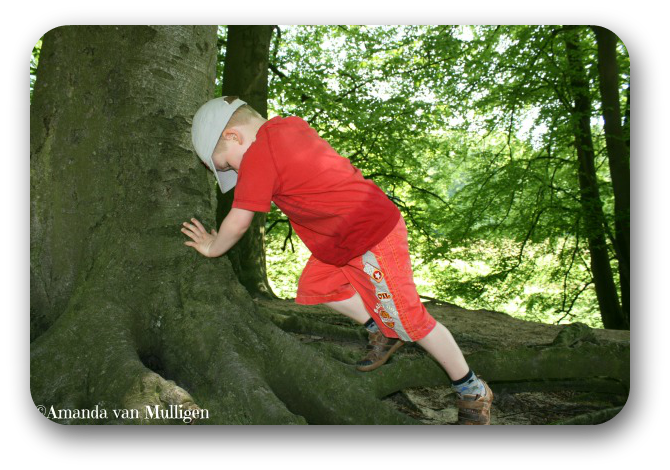Parenting Dutch Style
Welcome to another in my occasional series of guest posts about Parenting Around the Planet – a chance to step back from the day-to-day and take in another perspective. Parenting isn’t easy and we do the best we can with the resources we have. Raising our families in different ways, in different cities, in different countries. All going through the good and the bad and getting on with it. Getting through it. Sharing it. Let’s celebrate our differences as well as our similarities.
 Today I’m delighted to welcome freelance writer Amanda van Mulligen to present her experience of parenting in the Netherlands. British born, Amanda was whisked off to the Netherlands on a promise of a windmill wedding and now raises three sons with her Dutch husband.
Today I’m delighted to welcome freelance writer Amanda van Mulligen to present her experience of parenting in the Netherlands. British born, Amanda was whisked off to the Netherlands on a promise of a windmill wedding and now raises three sons with her Dutch husband.
She writes about expat life, about living life in a second language and an alien culture, about all things parenting and on the topic of highly sensitive children over on her blog . You can also follow her on , , and .
I love this fascinating insight into a culture where it’s not all about tests and scores, where children are allowed to be children and where family comes first. As a parent of a 4 year old who’s already getting homework at least twice a week (and who has her first spelling test today) it’s certainly food for thought.
Enjoy.
My three sons were all born in the Netherlands, so I know nothing other than raising my children in the world of the Dutch. However, that doesn’t mean that my parenting style isn’t tinged with British ways.
The Dutch tend to helicopter parent far less than the British and are much less preoccupied with health and safety. This combination is enough to make any British parent’s heart skip a beat or two on more than once occasion. But I’m learning, slowly, to let go of the reins, let my sons discover more for themselves, to give them more freedom to just be children.
Because at the end of the day the Dutch seem to have found the key to happiness. In almost every survey or report on the topic of happiness you are sure to find the Netherlands at or near the top of the happy league. The 2013 UNICEF report is a good example.
From the various reports it seems that Dutch children, Dutch women and Dutch workers are all happy. Somewhere along the line then the Dutch must be doing something very right.
And I think it starts with making family a priority. Dutch parents, particularly mothers, organise their working hours around children. In fact, within the European Union (EU) the Dutch work the fewest hours per week (whilst maintaining high levels of productivity) – the average being skewed by the large number of part-time workers.
What this part-time working culture translates in to is time for family. Families eat together. They spend their leisure time together.
This is all in contrast to Britain, which has a longstanding culture of long working hours. According to a recent Daily Mail article UK families are lucky to get a little over a half an hour together of quality time per day.
UNICEF’s report also states that British children are notably materialistic, being far more brand conscious than their peers in other countries.
So, I know I am lucky to be able to raise my children in the Netherlands where society is so family orientated and the motto is generally work to live and not live to work.
What I particularly cherish about raising my children in the Netherlands is the fact that they are allowed to be children – more so than in many other countries where there is pressure to excel and build up their CV from an early age. Childhood is about playing here.
This means lots of physical activity and on any given dry day the noise I hear outside is the shrieking of children, playing to their heart’s content.
And neighbourhoods are set up to encourage outdoor play. Within walking distance from our house there is: a park big enough to run and bike around in, to climb trees in and play hide and seek; a playground with swings, climbing frame and a slide; a basketball court; a grassed area with a play tower and sand pit; plus many more small playground objects dotted around. Young children play without parental supervision in these parks and playgrounds and kick footballs around in the street after school. Children stay close to home but have the freedom to explore.
Dutch children cycle around the neighbourhood too; they bike to school alone or to friends’ houses because a fabulous national cycle lane network makes riding a bike safer in the Netherlands than in other countries.
At the end of the day, Dutch parents weigh up safety against independence and choose to give their children freedom wherever it is possible.
Another factor that allows children to remain carefree longer is that homework is not given until group 6 (age around 10) and even then children are consciously not overloaded. Dutch schooling is about making learning fun and encouraging children to motivate themselves to learn. And it seems to work. Tests (from group 1) help decide a child’s education route – so children do need to work but are more responsible for their own learning paths than in some other countries. Academic achievement does not seem to suffer because of the lack of pressure from primary schools on young children.
Similarly, after-school activities are also generally taken on in moderation. Primary schools are closed on Wednesday afternoons – time to pursue activities such as swimming, gym, ballet or sport. Children are again not pushed with their future college application in mind.
Finally, Dutch families are open and communicative; no subject is taboo and this is seen in things like low teenage pregnancy statistics. Children have good relationships with their parents in general. Family ties are strong and important, going beyond the immediate family to the extended family. I certainly plan to parent with one eye on the Dutch in this respect and hope that when my boys are teenagers I will have adapted enough of the Dutch mindset to ensure they will feel they are able to discuss anything and everything with me.
However, there is one element of Dutch parenting that does take getting used. Children are treated almost as equals in the family structure and in many case children actually dictate much of day-to-day life. I see some of this first hand amongst even primary school age children. From a young age Dutch children are treated as mini adults in terms of decision-making. It ties in with giving children freedom and independence but is different to how I was raised in Britain. “Even wennen” then, as the Dutch say.
In short, making sure that children have a happy childhood is a top priority for Dutch parents and that’s a philosophy I have no trouble buying into wholeheartedly – even if it means some adapting and tweaking along the way to accommodate my Britishness.
If you liked this post, pop over and read more of the Parenting Around The Planet posts. Would you like to write a post about parenting in your part of the world? Get in touch or .






 Parenting around the planet
Parenting around the planet









After an injury I therefore to conclude that running is not for me as my feet are too small. This is so nice of you! I wish you will have tons of sponsors =) #WhatsTheStory
Ben you’re a star, thank you so, so much x
Me too! I’ve been building up my run/walking for some time now so that I can run for 4 mins and then walk for 1 – it also lets me actually take some time to look around and enjoy the countryside which is a bonus Thanks for visiting
Thanks for visiting
Hi Fiona, thank you x
Thank you Charly – and thanks for promoting it – it really is such a good cause x